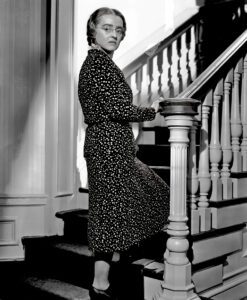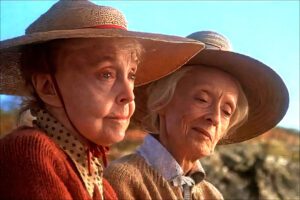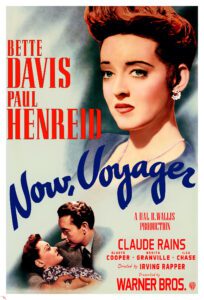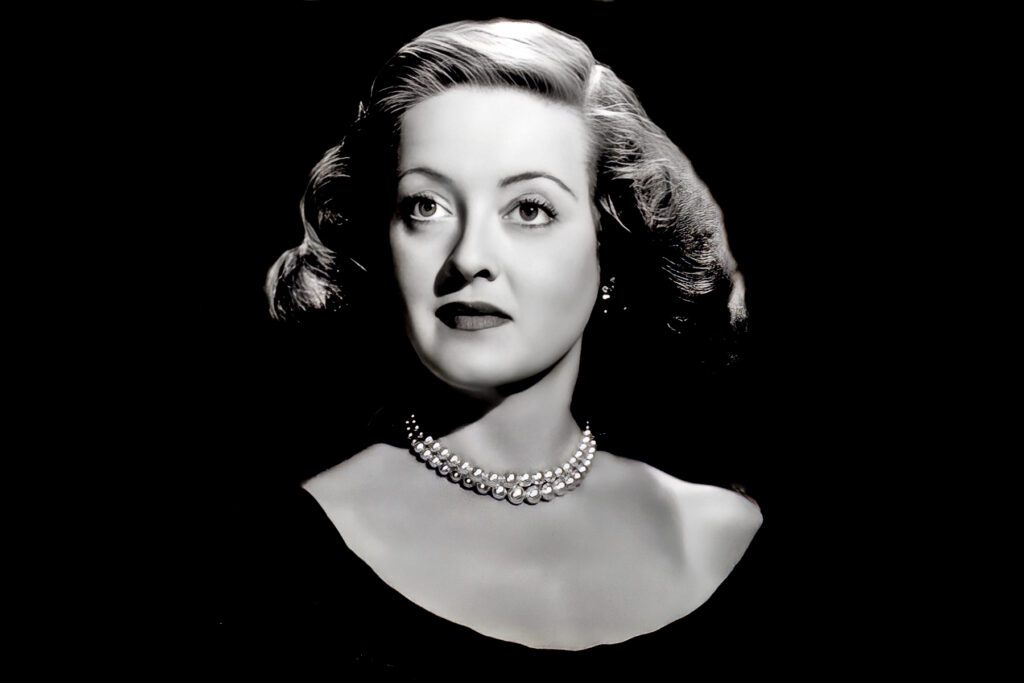
Bette Davis: The Indomitable Force of Hollywood’s Golden Age

Few stars have ever commanded the screen with the ferocity, intelligence, and raw nerve of Bette Davis. Uncompromising and unapologetically bold, she carved out a career that defied convention and rewrote the rules for actresses in Hollywood. With over 100 film credits, ten Academy Award nominations, and two Oscar wins, Davis remains one of cinema’s most celebrated and influential performers. Her legacy is one of fearless artistry—blazing trails for generations of women to follow.
She was born Ruth Elizabeth Davis on April 5, 1908, in Lowell, Massachusetts. After her parents divorced, Davis was raised by her mother and eventually attended boarding school, where her interest in acting took root. She trained at the John Murray Anderson School of Theatre in New York and began her career on stage before making the leap to Hollywood in the early 1930s. With her piercing eyes and clipped New England voice, she didn’t fit the mold of the typical starlet—something that would become both her challenge and her greatest strength.
Davis’s rise to stardom came with her performance in “Of Human Bondage” (1934), where her portrayal of the cruel and manipulative waitress Mildred Rogers stunned audiences and critics alike. A year later, she won her first Oscar for “Dangerous” (1935), followed by a second for “Jezebel” (1938). With roles in “Dark Victory,” “Now, Voyager,” “The Letter,” and “The Little Foxes,” Davis proved that leading ladies could be complicated, flawed, and powerfully human. She wasn’t afraid to be unlikable on screen—only unforgettable.

In 1949, she made one of the most daring comebacks in Hollywood history with her role as Margo Channing in “All About Eve.” The film earned her yet another Oscar nomination and delivered one of cinema’s most immortal lines: “Fasten your seatbelts. It’s going to be a bumpy night.” Offscreen, she was just as formidable, famously suing Warner Bros. in the 1930s to fight for better roles—a move that shook the studio system. Her personal life was often turbulent, marked by failed marriages and feuds, but her dedication to craft never wavered.
Bette Davis continued to act well into her later years, with standout performances in “Whatever Happened to Baby Jane?” and a string of television roles that showcased her versatility. She passed away on October 6, 1989, at the age of 81. Fierce, fearless, and utterly original, Bette Davis didn’t just play strong women—she was one. Her stare could cut glass, her voice could command a room, and her impact on the screen remains undimmed by time.



